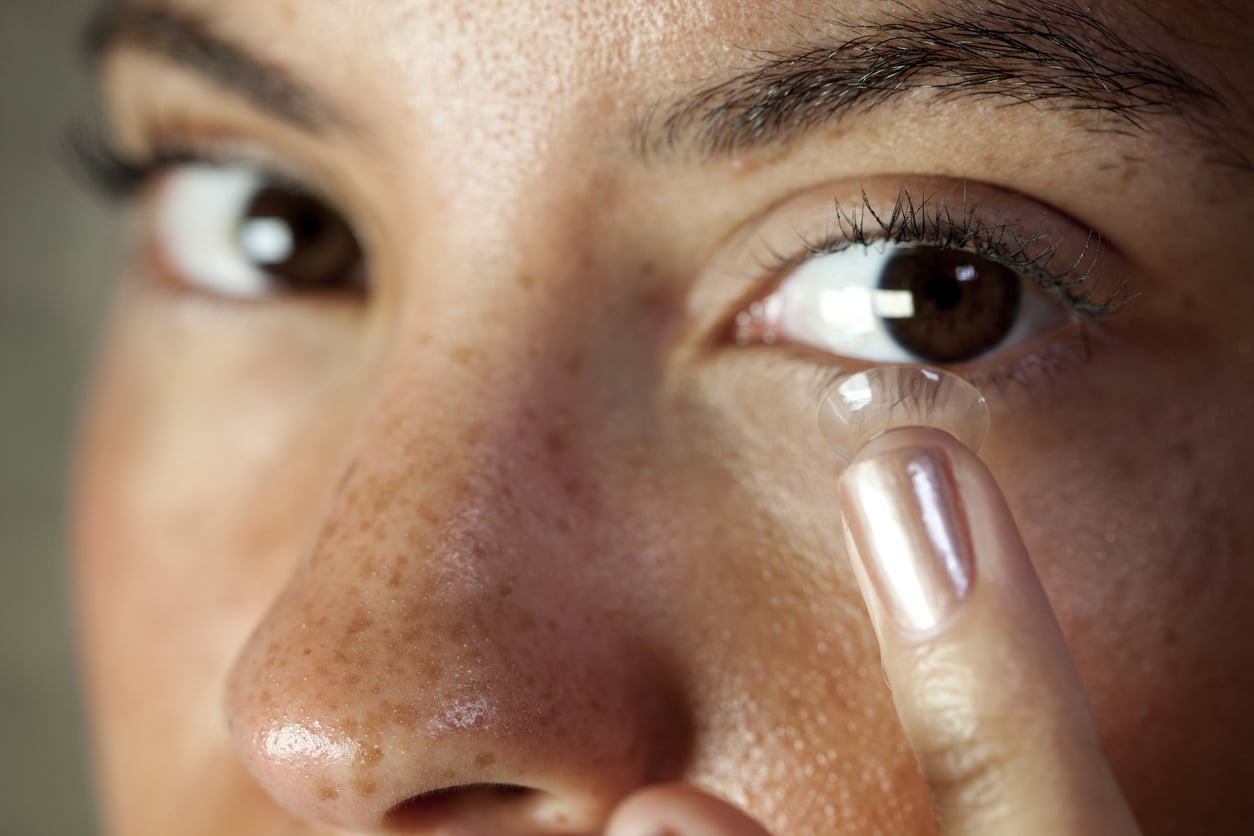For “laziness” or convenience, we would be tempted to throw just about anything into the toilet or the bathroom sink: tampons, rollers, cotton swabs… And between us, it’s not pretty. . The sewers become clogged and cause major problems in our wastewater treatment plants (equipment malfunctions or breakdowns, blocked pipes, blockage of pumps, etc.). Again, toilets are not trash! So, for the planet and to avoid having to call the plumber or having to go there with a lot of white vinegar and baking soda to dissolve the blockage as best you can, adopt the right actions. Here are the things to no longer throw down the toilet if you don’t want to block them…A little common sense and gumption doesn’t hurt!
1 — Impregnated wipes
Impregnated wipes may make life easier when it comes to housekeeping and baby hygiene. However, it is not a secret: it is not not eco-friendly. And above all, the nuisance they cause on the pipes each year is very real. Throwing your wipes in the toilet often leads to a blocked pipe problem and a malfunction of the sanitation network. In addition, and contrary to popular belief, in more than 90% of cases the wipes are not not biodegradable. Additionally, these chemicals are very harmful to the environment. This waste therefore has no place in wastewater. Garbage can !
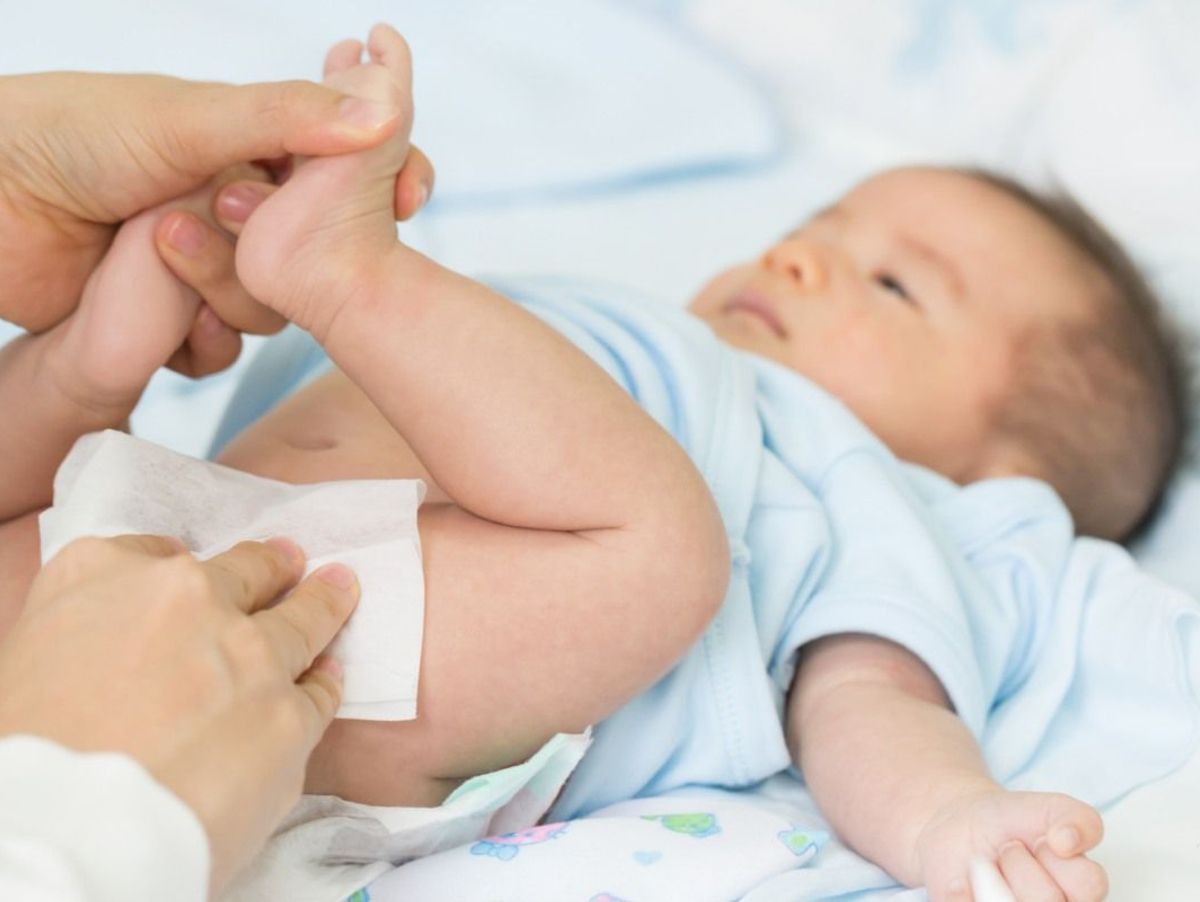
2 — Feminine hygiene products
Just like sanitary napkins, throwing away sanitary tampons risks block the toilet drain and damage the plumbing. The best thing to do is wrap the tampon in a piece of toilet paper and throw it in the trash. If you are in a public toilet, use the trash can available to you.
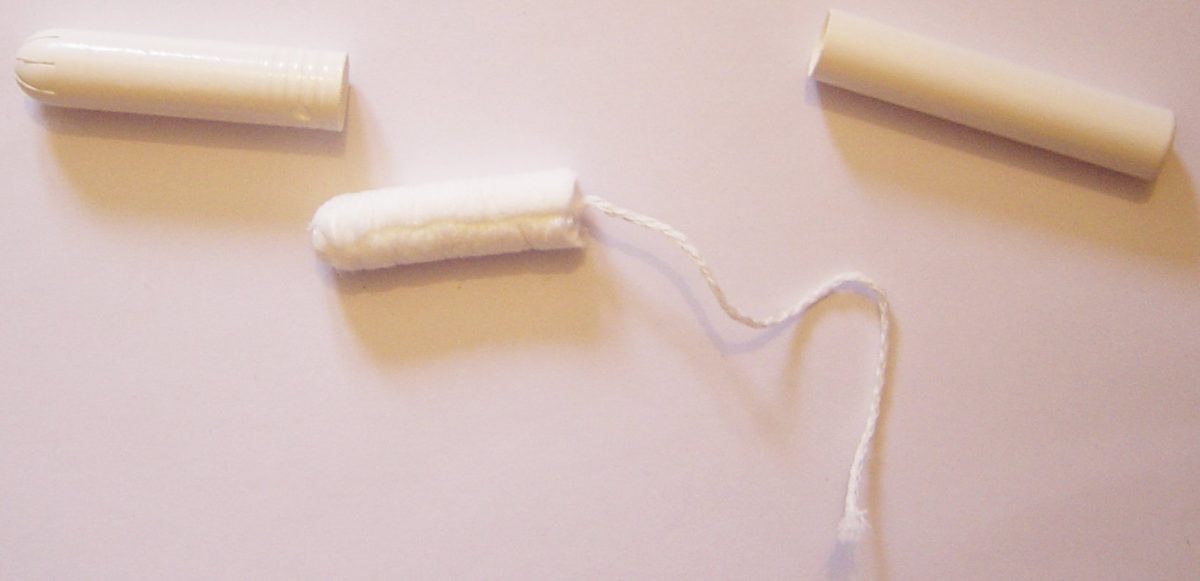
3 — Cotton swabs
Some seemingly innocuous things sometimes cause major damage. This is particularly the case for small plastic cotton swabs which, when thrown down the toilet, often end up in nature. Like other plastic waste, they are then ingested by fish and birds which can die following obstruction or perforation of the intestine. If you love animals, think about it and stop picking your ears in the toilet!

4 — Toilet paper rolls
Once finished, sometimes some people throw the toilet paper roll down the toilet. It’s a bit of an easy solution and yet it’s disastrous, even with disposable rollers. « This is a glaring example of a technological innovation presented as positive when it is not at all », Launched Mao Peninou, deputy in charge of cleanliness in the city of Paris in 2014, to Le Parisien. “ Even if the roller decomposes, it dirty the water, causes deposits and clogs our water treatment plants “. Cardboard can be recycled and is biodegradable. Take advantage of this to no longer throw the toilet paper roll down the toilet.
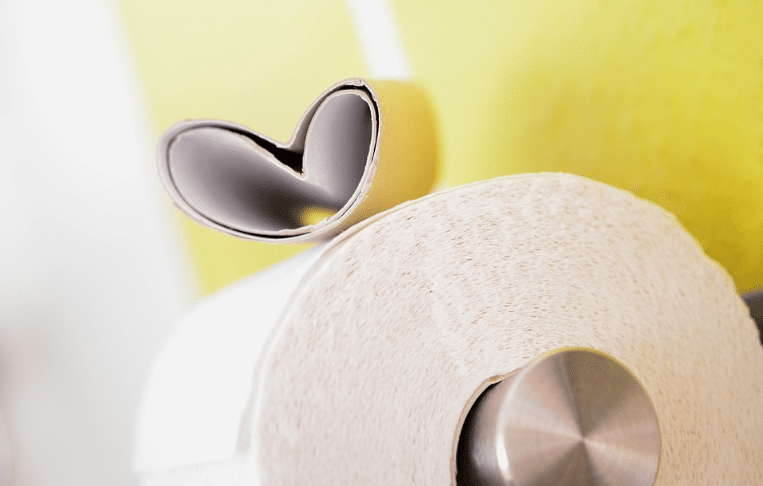
5 — Expired medications
Around 1 in 3 French people have the habit of throwing their expired medications into the toilet bowl or sink. However, the treatment plants are not not designed to accommodate this type of waste. Most of these drugs are therefore found in nature and pollute streams, rivers and groundwater. They are also very harmful to fish and more generally aquatic fauna and flora. In the end, it is the tap water that ends up contaminated! So what should you do with your unused or expired medications? Place the cardboard boxes in recycling and return the medications to your pharmacy. They will then be collected and cremated.
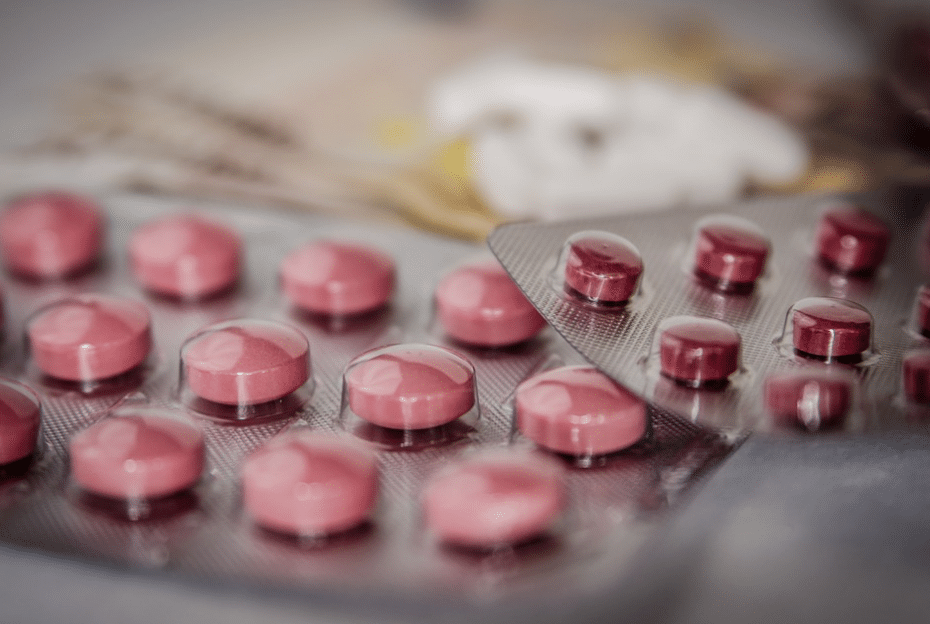
6 — Hair
It’s common to see people flushing cut hair down the toilet after styling their hair or cleaning a brush. However, hair does not break down easily. They therefore risk clump together and create blockages in pipeswhich can lead to costly blockages to repair (in addition to complicating water treatment). It is therefore best to throw the hair in the trash or compost.
Good to know: this also applies to pet hair after brushing it and which you can easily recycle if you wish!
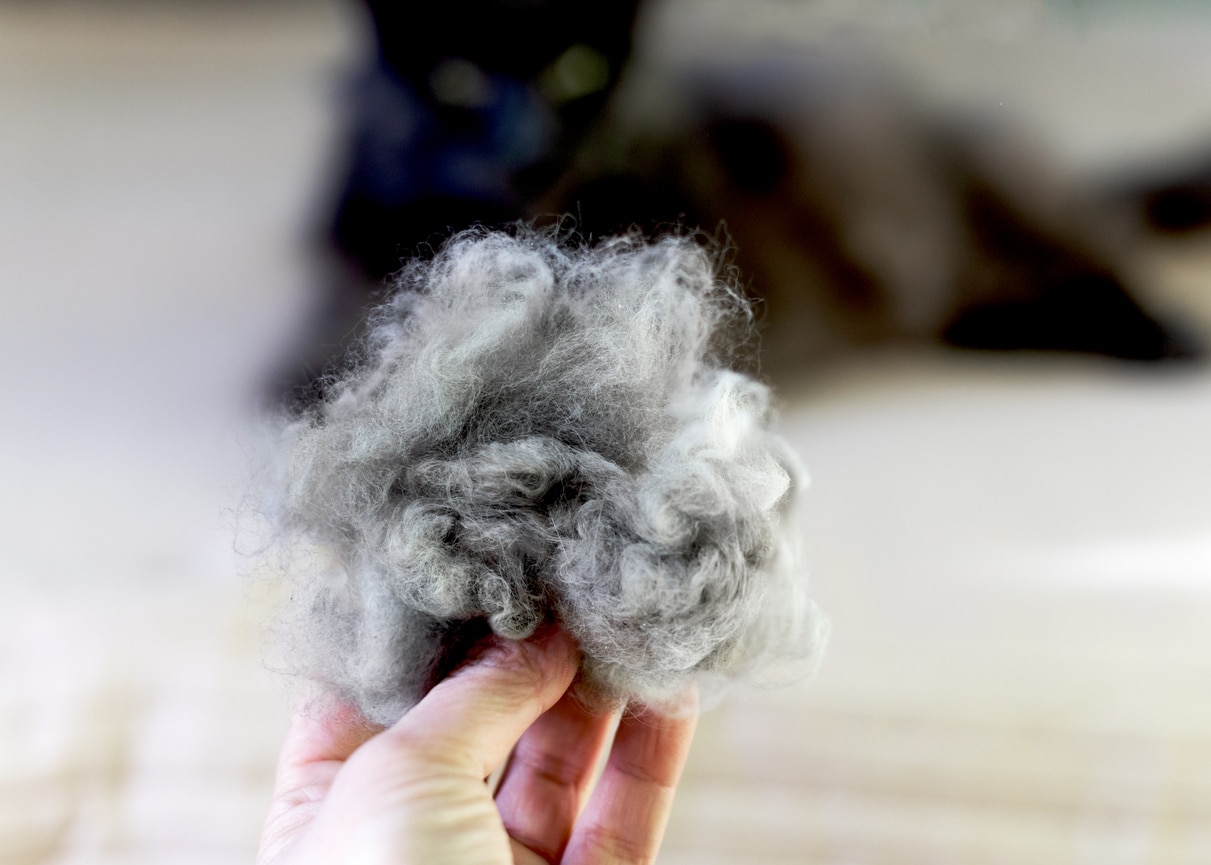
7 — Cooking fats and oils
Some people think that pouring cooking oil or grease down the toilet or down the sink is an easy way to get rid of it. However, these substances solidify as they cool, which can clog pipes and cause significant damage to the drainage system. In addition, they can disrupt the wastewater treatment process. Let the fats solidify or collect them in a bottle, then throw them into the recycling center.
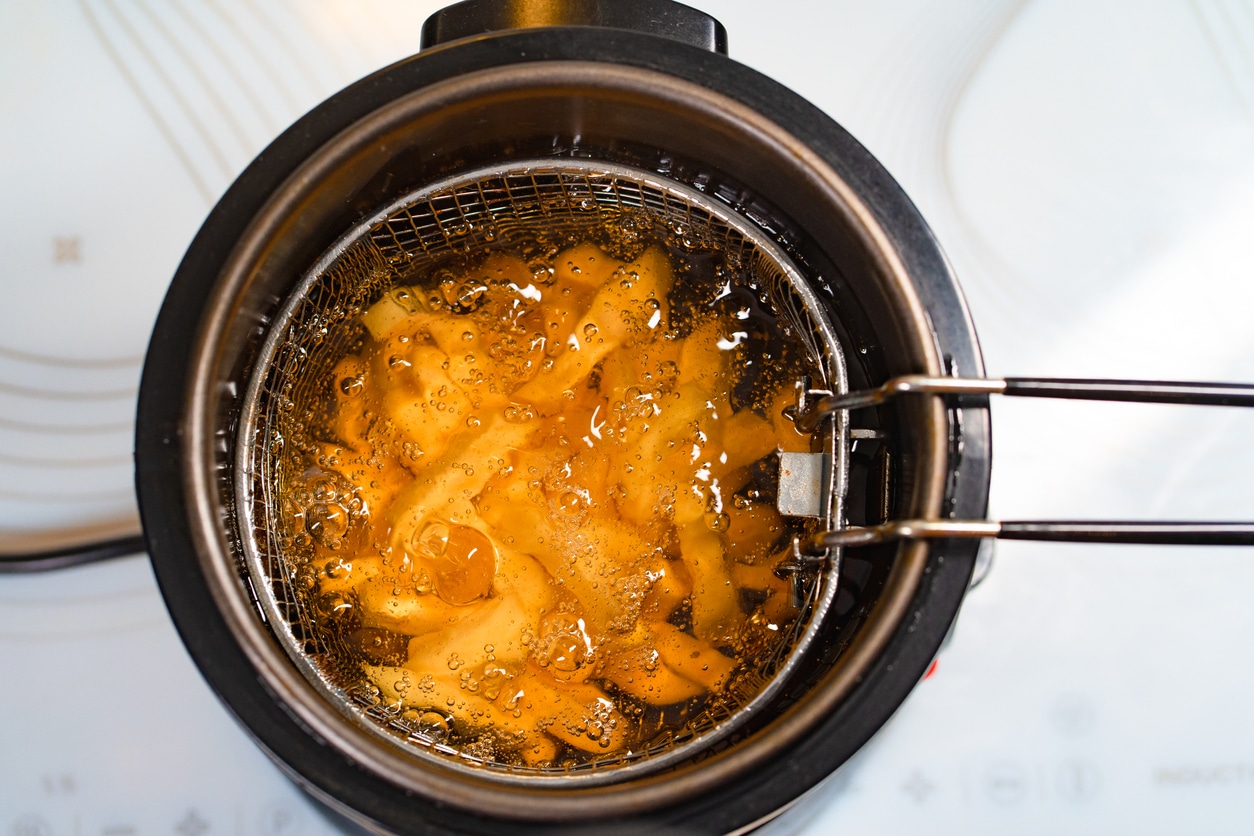
8 — Cigarette butts
Throwing a cigarette butt down the toilet may seem harmless, but it is not without consequences. Cigarette filters indeed contain harmful chemicals that pollute water. In addition, filters do not degrade quickly and can float on the surface, which disrupts the water treatment process in addition to seriously harming the environment.
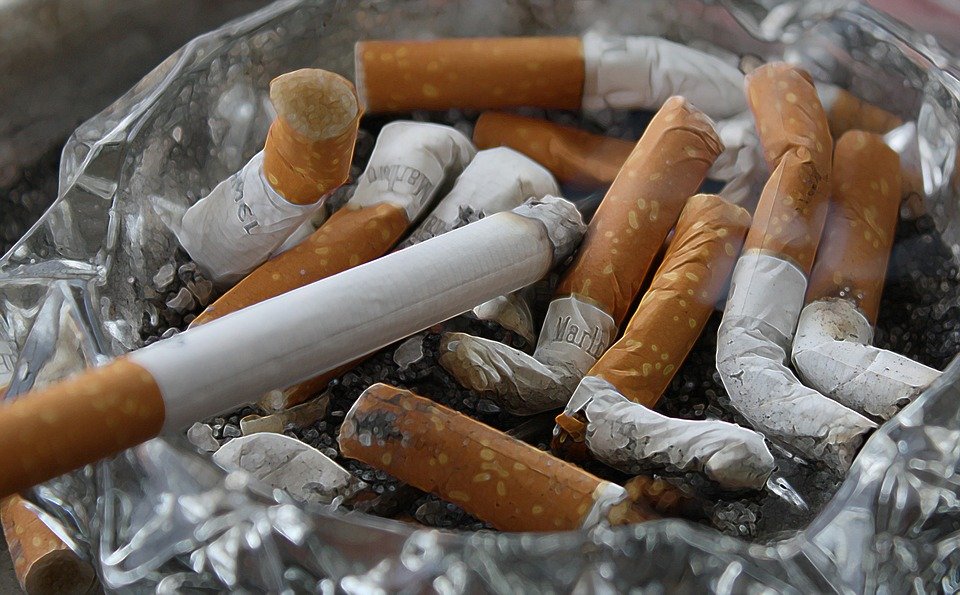
9 — Condoms
Often made from latex or non-biodegradable materialscondoms are very resistant in water. Flushing it down the toilet can cause significant clogs and contribute to water pollution. They must be thrown into a trash can after use.
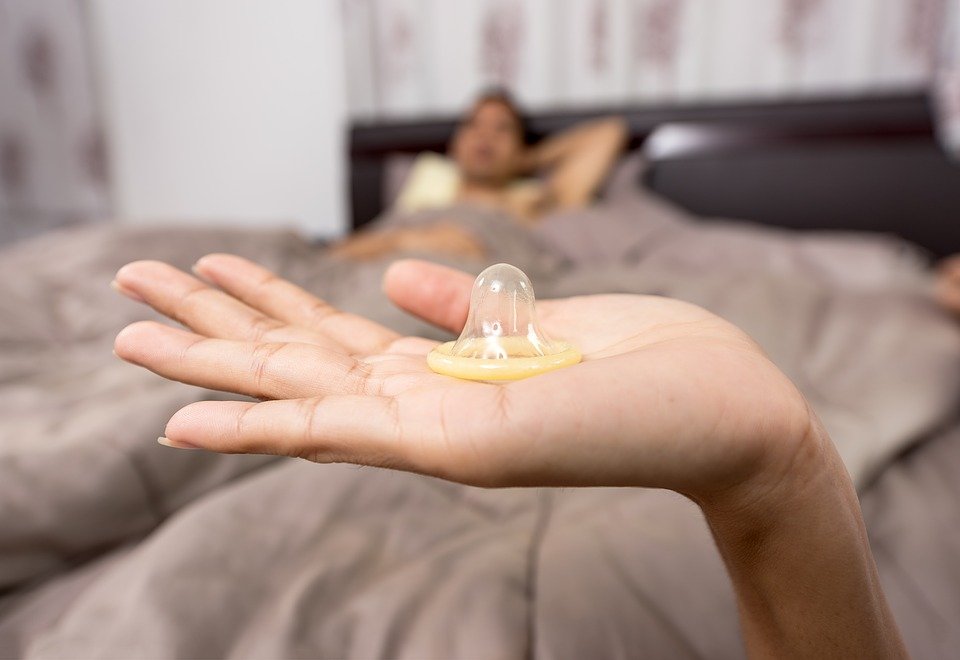
10 — Contact lenses
It’s easy to think that throwing your contact lenses down the toilet or sink is harmless because they are small and seem harmless. However, they are made from plastics that do not break down in water. They therefore fragment into microplastics which end up in waterways where they will pollute the oceans, affect marine fauna and be consumed by fish which then end up on our plates. It is best to throw them in the trash to avoid contributing to plastic pollution.
